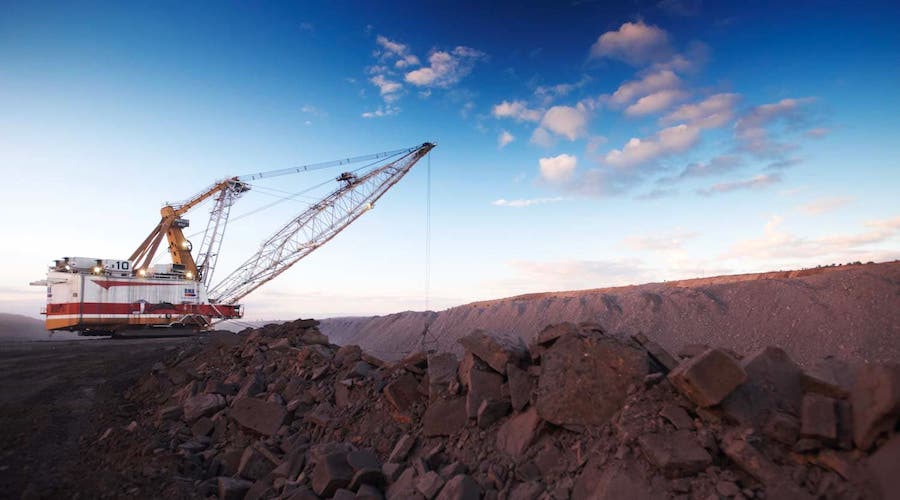(Image courtesy of BHP.)
Global methane emissions from the extraction of coal could rise by as much as 21.6% if all new mining projects now under development go into operation, according to a research report by U.S. environmental group Global Energy Monitor.
The report said methane emissions from the world’s coal mines now stand at 52.3 million tonnes per year, higher than the 39 million tonnes per year emitted during the extraction of oil. It could rise by another 11.3 million tonnes a year if new projects are completed.
“The coal age may be ending but methane emissions from new and operating mines may pose just as big a threat to the climate currently as oil or gas emissions,” said Ryan Driskell Tate, a GEM research analyst and author of the report.
Methane is 25 times more potent as a greenhouse gas than carbon dioxide. GEM said annual mining methane emissions globally are the equivalent of 4.32 billion tonnes of CO2 when averaged over a 20-year timeframe, which is comparable to the entire emissions of China’s coal-fired power sector every year.
The potential 11.3 million tonnes of methane from new coal mining projects is the equivalent of the annual coal-based greenhouse gas emissions by the whole of the United States, GEM estimated.
Large volumes of methane stored in mine seams have been allowed to rise into the atmosphere during the extraction process, though some methane-heavy regions, including China’s Shanxi province, have been trying to collect and make use of the gas as an energy source.
China, the world’s biggest coal producer, is responsible for 73% of the world’s mine methane emissions, with Shanxi alone accounting for around 13.1 million tonnes per year, GEM said.
